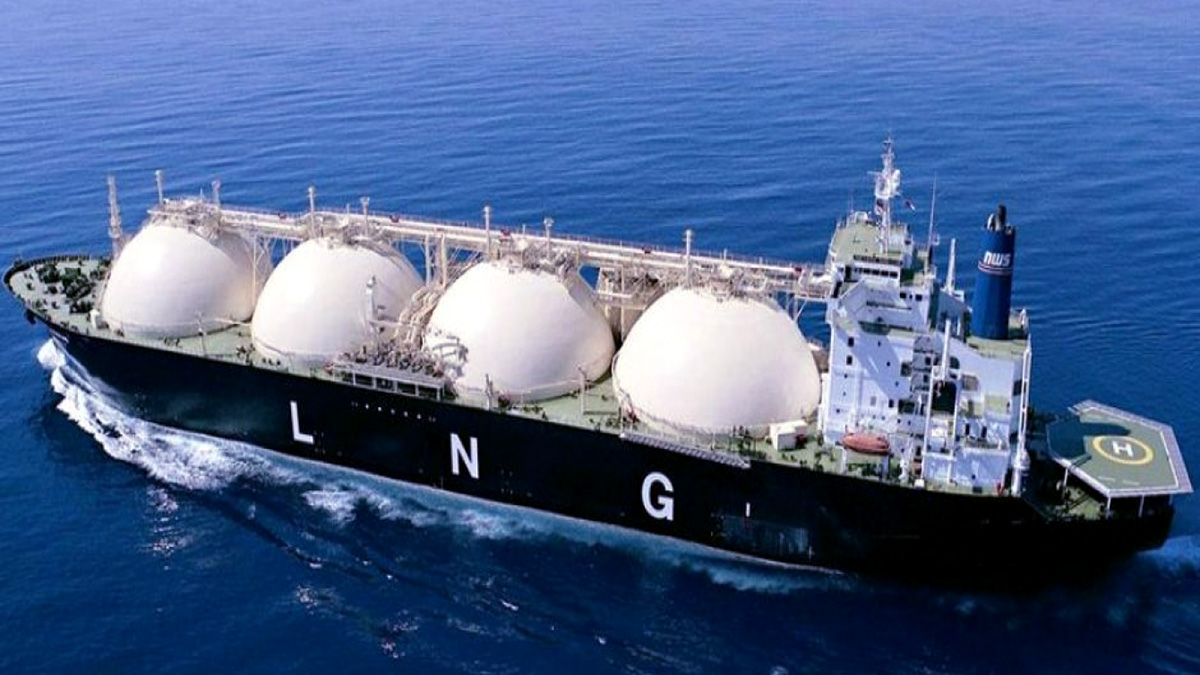Qatar Petroleum’s newly formed trading unit participated in a buy tender by Pakistan LNG for the supply of Liquefied Natural Gas (LNG) for the first time. Earlier they said that it had set up a trading unit, Qatar Petroleum Trading Company, which will be headquartered in Doha and aims to build a diversified global portfolio of LNG produced locally and internationally.
The parent company typically negotiates the supply of LNG to Pakistan on a government to government level. This was the first time any Qatari company had participated in a Pakistan tender. The trading unit, which signed its first contract in November to supply LNG to Singapore’s Pavilion Energy, placed the lowest offers for three of six LNG cargoes sought by Pakistan for January delivery, a document of Pakistan LNG Ltd (PLL) showed.
There were no bids placed for delivery of three cargoes sought in the first half of January, which may push the country towards a re-tender to meet its rising gas needs. The lowest price offered was for a cargo to be delivered between January 29 and February 1, at 15.3209% of Brent crude known as a slope rate, according to the document uploaded on PLL’s website.
PLL is a government subsidiary that procures LNG from the international market. The lowest offers for two other cargoes were Brent crude slope rates of 17.3203%, for delivery over January 20 to 21, and 17.3207%, for delivery over January 26 to 27. PLL might have to re-tender with wider specifications and a shorter bid validity period for the three cargoes it needs early January and which received no offers.
LNG supply has been tight amid production issues in a few places, which has pushed spot prices to a near two-year high and freight rates for LNG tankers to a more than one-year high. Pakistan’s gas needs typically rise in December and January. The deficit in supply versus demand is expected to increase this year as consumption rises and indigenous supply declines. The country has long-term purchase deals in place, but regularly taps the spot market as demand continues to rise. The power sector is Pakistan’s largest natural gas consumer, followed by residential consumption and the fertiliser industry.












